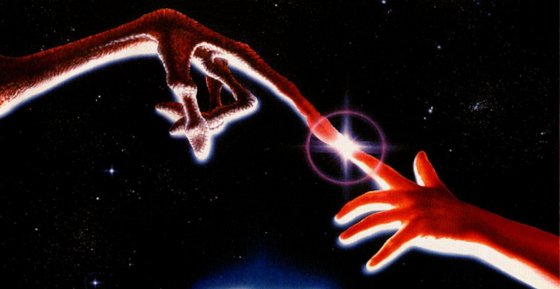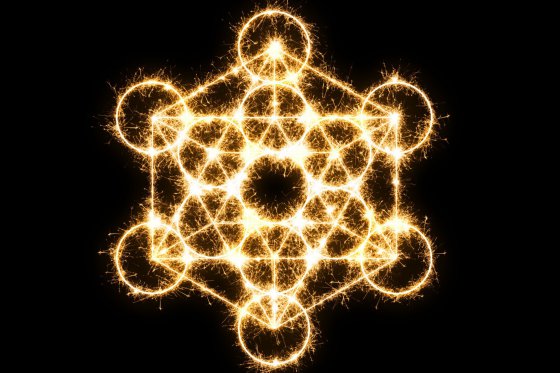When E. T. THE EXTRA-TERRESTRIAL came out in 1982, everybody agreed that it was a cute movie about a lonely boy and his imaginary friend. No one seemed to notice the supreme blasphemy of the poster paraphrasing the Sistine Chapel with the boy as Adam and E. T. as God.
And who can really blame them after almost a century of relegating the supernatural roots of existence to the darkness of the cinema? And yet, something was happening.
E. T. was going home, the screen going dark, but he would still be “right here”. At a time, when producers frantically tried to surpass themselves in monumental stupidity, a desensitized public wallowing in pictures of torture and degradation, other movies from an age of wonder became available through the Internet.
If HORROR AND SCIENCE FICTION IN THE CINEMA BEFORE 1980 may be useful to the reader as a guide to this strange and wonderful world, it has served its purpose. After all, the “extra-terrestrials” have had a greater impact on Man’s destiny than anything else he has been able to discover and devise.
It’s hard to deny the religious significance of the pyramids or that art is in some way basically religious – otherwise, he would have no use for anything but his Kodak moments. Only the art (and in the past century of barren realism only the motion picture) of the fantastic however seems willing to admit to this.
Outside of the cinema, it’s too often rationalized into the irrationalities of Freudianism, spiritualism, parapsychology, UFOs and New Age. It is consequently in dire need of an unbiased re-evaluation, and this is where HORROR and SCIENCE FICTION come in.

These movies are not out to educate us, herding us into the fold, as “socially significant” films are wont to do. They only want to thrill and scare us and in so doing touch on a fundamental human reality as no system of education ever will.
However far our celestial cousins may have wandered, exiled by the true horror of institutionalized religion, in the darkness of the cinema they are near, often uncomfortably so. Why else would the instilment of fear be conceived as a rewarding experience?


